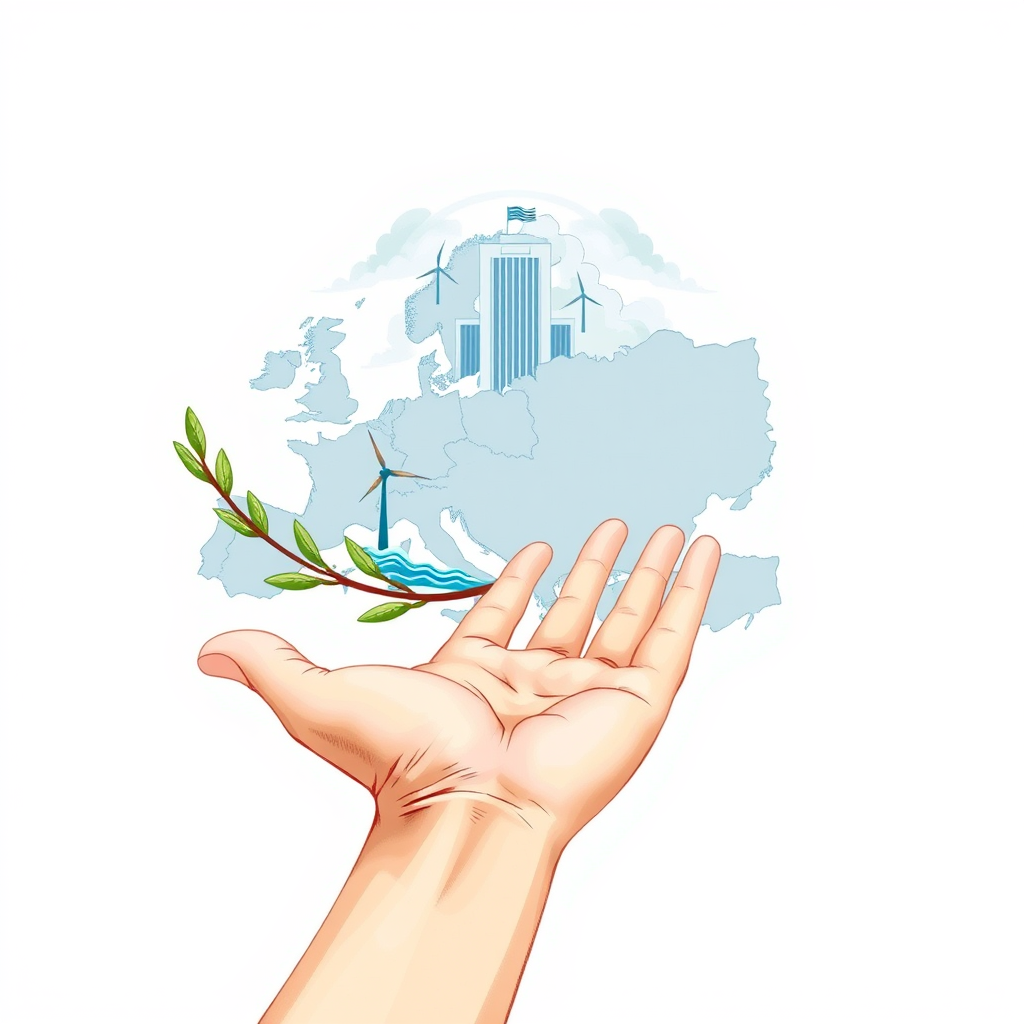Europe Steps Up as US Steps Back

Nice, France – As the U.N. Oceans Conference concluded in Nice, a clear message emerged: Europe intends to step into a leadership void, particularly as the United States increasingly charts a course of unilateralism. French Foreign Minister Jean-Noël Barrot, in an extensive interview, articulated a vision of a Europe actively resisting the pull towards isolationism and proactively building coalitions to address global challenges.
The conference, drawing over 100,000 participants – a significant increase from previous gatherings – served as a backdrop for Barrot to emphasize Europe’s commitment to multilateralism, even in the face of perceived abandonment by Washington. The U.S. delegation was notably absent, though American scientists and mayors from major coastal cities were present, a distinction Barrot acknowledged but didn’t fully address the core issue of national-level engagement.
Barrot repeatedly stressed that Europe will not abandon its commitment to international cooperation, even as traditional forums like the U.N. face increasing strain. He highlighted the need for reform within the U.N., specifically advocating for expanded permanent membership on the Security Council to include nations like India, Brazil, Germany, Japan, and two African countries. This push for a more representative global body underscores a broader frustration with the existing power structures and a desire for a more equitable international order.
The conversation extended beyond ocean conservation to encompass issues of international trade, security, and the fundamental principles of international law. Barrot cited concerns over violations of territorial integrity, referencing the situation in Ukraine and the questioning of non-proliferation treaties. He framed these challenges as a direct threat to the post-World War II global architecture, one that Europe is determined to defend and, where necessary, rebuild.
Regarding the ongoing conflicts in Ukraine and Gaza, Barrot reiterated France’s calls for an immediate ceasefire in Gaza and a political solution based on a two-state framework. In Ukraine, he emphasized the need for Vladimir Putin to agree to peace negotiations, coupled with increased pressure through sanctions and potential security guarantees from Europe.
The issue of deep-sea mining proved particularly contentious. President Macron’s declaration that “the oceans are not for sale” was a direct response to the Trump administration’s executive order allowing such exploitation. Europe is leading a coalition of over 30 countries calling for a moratorium or, at the very least, a precautionary approach, and is actively opposing any unilateral actions that could harm marine ecosystems.
Barrot acknowledged the limitations of international law enforcement but emphasized the importance of establishing regulations, particularly in the high seas, through initiatives like the recently negotiated Treaty on the High Seas. He painted a picture of a world taking control of its destiny, acting collectively to protect the oceans and ensure their sustainable use.
President Macron’s upcoming visit to Greenland, a European territory, was presented as a reaffirmation of European sovereignty and a strengthening of cooperation with the region. While Barrot downplayed any intended message to the U.S., the timing and symbolism are undeniable.
The interview revealed a Europe increasingly confident in its ability to lead on the global stage, even – and perhaps especially – in the absence of strong U.S. engagement. While acknowledging the challenges ahead, Barrot conveyed a sense of urgency and determination to preserve the multilateral order and address the pressing global issues facing humanity. The question remains whether this European ambition will be enough to counter the rising tide of nationalism and unilateralism, and whether the U.S. will ultimately rejoin the effort or remain on the sidelines. The stance taken by Europe is admirable, but its success hinges on broader international cooperation, something that remains uncertain in the current geopolitical climate.